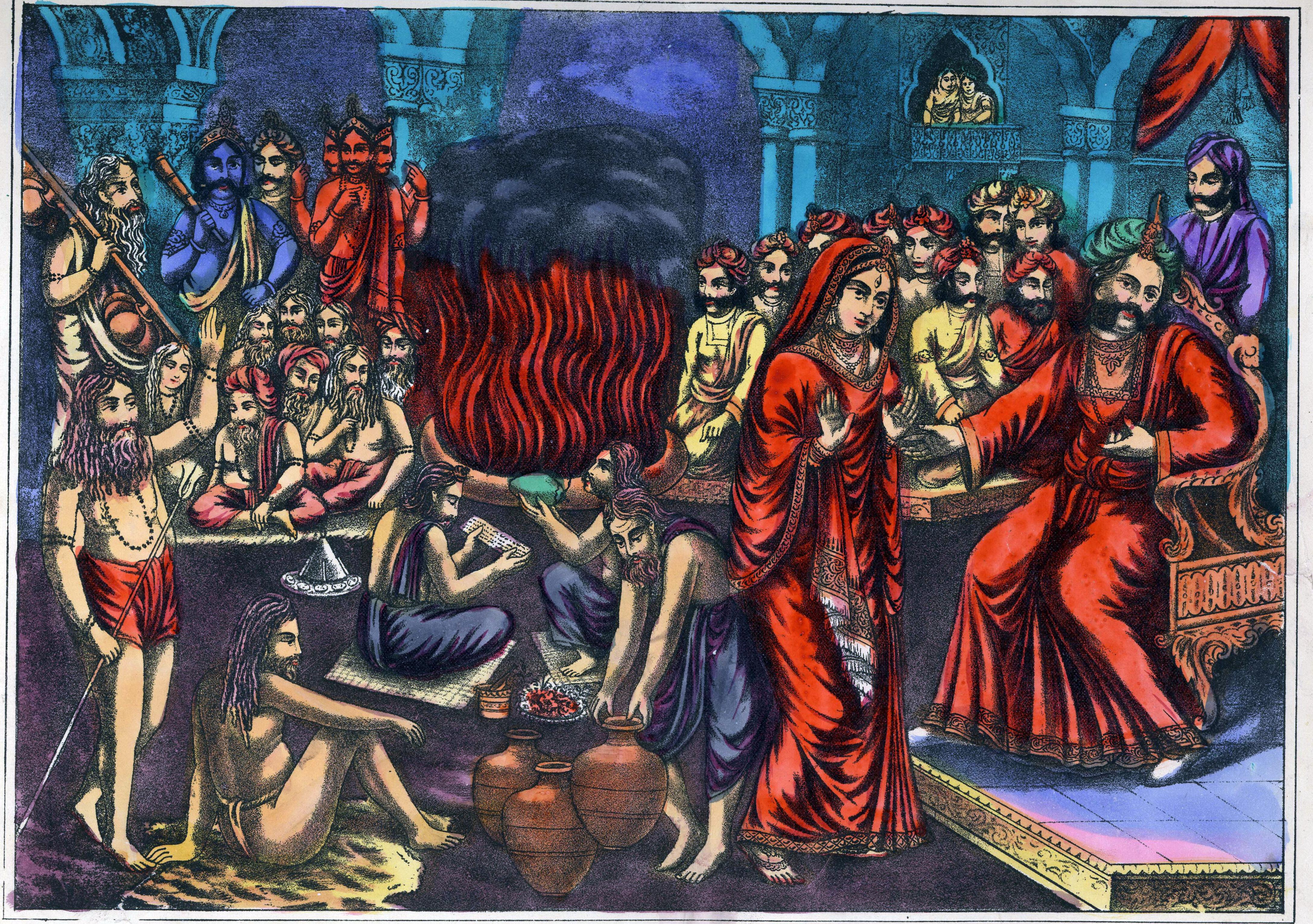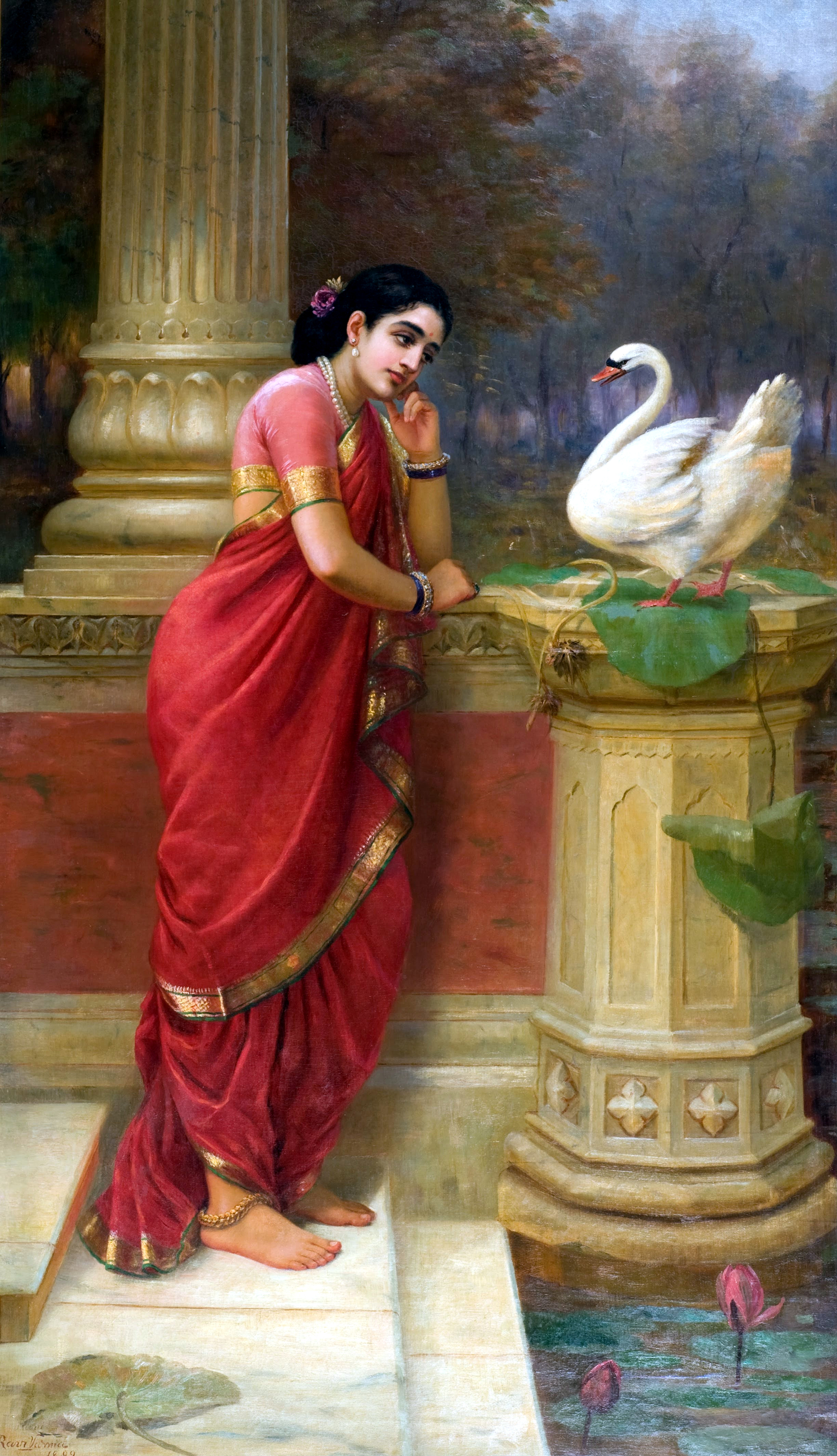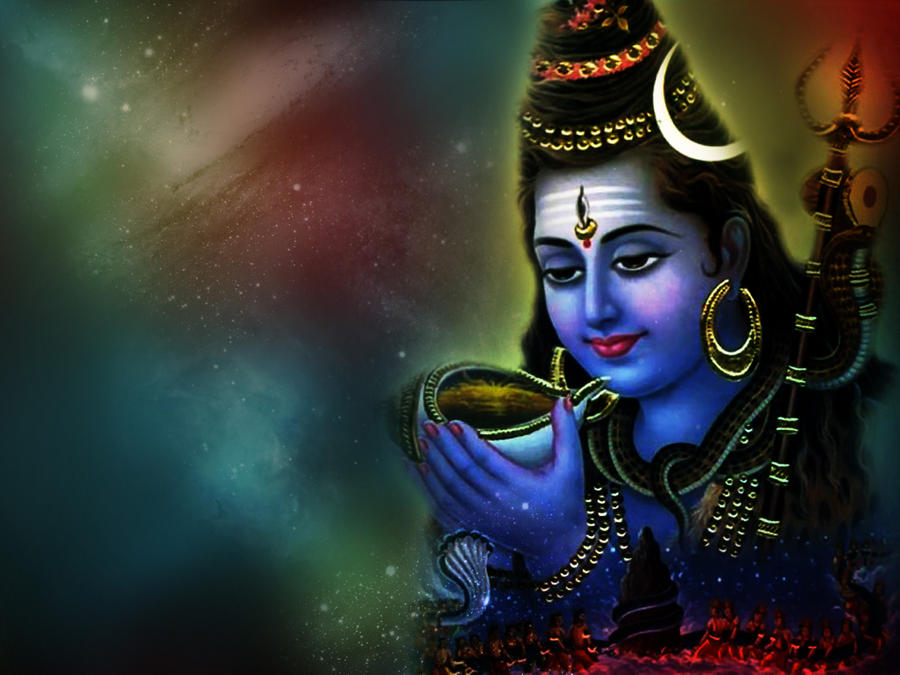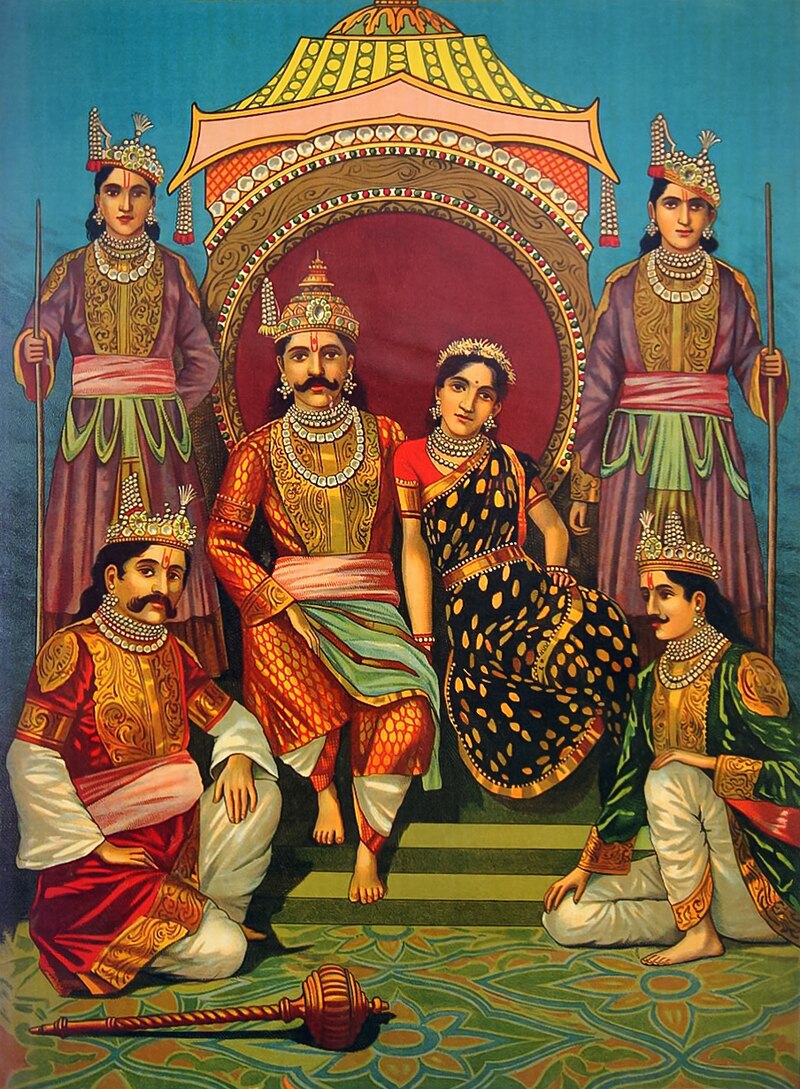When word began to travel around that Drona had begun to
train the Pandava and Kaurava princes in war other nobles and princes began to
flock to Drona from neighboring kingdoms.
One of the princes that happened to flock to Drona from one of the other
kingdoms called Nishadha was Ekalavya.
He was from non-Aryan birth and was of a lower race. When Ekalavya finally arrived at Hastinapur
he approached Drona and said to him, “Guru you are well versed in the arts of
war please teach your humble student in the art of war.”
When Drona heard this, he was pleased with Ekalavya and said
to him, “Boy what is your name?”
Ekalavya then replied saying, “I am Prince Ekalavya of
Nishadha.”
When Drona heard this he was saddened because Nishadha was
an enemy nation and Ekalavya was of a lower race than the Aryans. Therefore, he could not teach Ekalavya the
ways of war lest the secrets of warfare be revealed to him. Then Drona said to him, “Boy I cannot teach
you go back to your home.”
So Ekalavya left and went into the forest and made a clay
statue of Drona that he revered as his teacher.
Ekalavya then began training in archery day and night hoping that one
day Drona may look at him with pride. However,
one day a dog appeared and began to bark so Ekalavya turned and shot seven
arrows in the mouth of the dog in an instant.
The dog ran away in pain to his masters who happened to be the
princes. When they saw the dog, they
marveled at the skill of the archer and began to seek the archer. When they finally found Ekalavya, they said
to him, “Are you the one who shot the dog seven times in the mouth so that it
can no longer close its mouth?”
Ekalavya replied, “I am a disciple of Drona like yourselves,
my name is Ekalavya, prince of Nishadha.”
So the princes left and told Drona of what they had seen and
heard. Drona at hearing what Ekalavya
had said was filled with anger and rushed to meet him. When he arrived, Ekalavya prostrated himself
and Drona asked Ekalavya, “is it true that you are my pupil?”
Ekalavya replied, “If it is the master’s will I am.”
So Drona replied, “A teacher’s fee is required to become my
pupil. If you have not the money a
sacrifice must be made.”
Ekalavya quickly answered, “All that I have will be but
yours if you ask for it.”
“Cut off your right thumb” said Drona.
Ekalavya without a look of sadness grabbed his knife, cut of
his right thumb, and handed it to Drona. Then Drona said, “I do not train cripples and left Ekalavya.”
When Drona had left, Ekalavya tried to fire his bow again
but when finding he could not he began to weep.
 |
| Ekalavya cutting off his thumb (Source: wikipedia) |
Author’s note:
This week’s story was inspired by the story of
Ekalavya. This story follows along roughly the same story but I added depth to the story hoping to generate more understanding into why Drona did what he did. I hope that as this story is read the reader will feel for Ekalavya but at the same time feel for Drona who most likely would have loved to be able to train Ekalavya.
Bibliography:
"Myths of the Hindus and Buddhists" by Sister Nivedita (1914)










